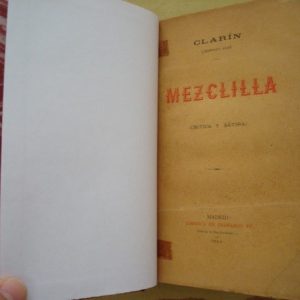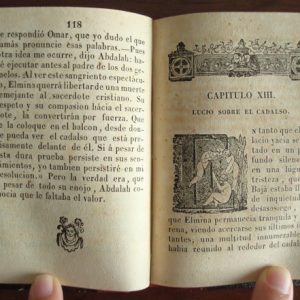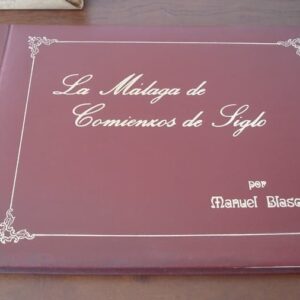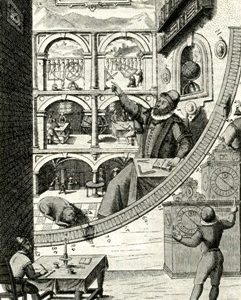Description
Le Congrès du Monde. Text by Jorge Luis Borges. Part of the collection “The Signs of Man” (number 8) by the Italian publisher Franco Maria Ricci (FMR). First edition in French, 1979.
Numbered and limited edition of 3,000 copies. Hardcover binding covered in black silk, with a mounted color plate, titles, and decorations in gold. 24 x 35.5 cm. 144 pages, special gray-tinted paper with 47 beautiful mounted color plates.
Presented in a box-case covered in black cloth and paper with a spine label, 25.5 x 37.5 x 4 cm.
In the 1970s, FMR began a collection of books called “The Signs of Man,” initially in Italian and later in editions translated into other languages, although not all titles in the collection. The editorial characteristics were the same in all of them: the same format, the same slipcase, the same gray-tinted paper, illustrated with mounted color plates, and numbered and limited editions (although not the same number of copies for each title).
Our copy is in perfect condition, complete, and revised.
Shipping costs depend on order and destination. Consult us any questions, indicating the article reference.
















